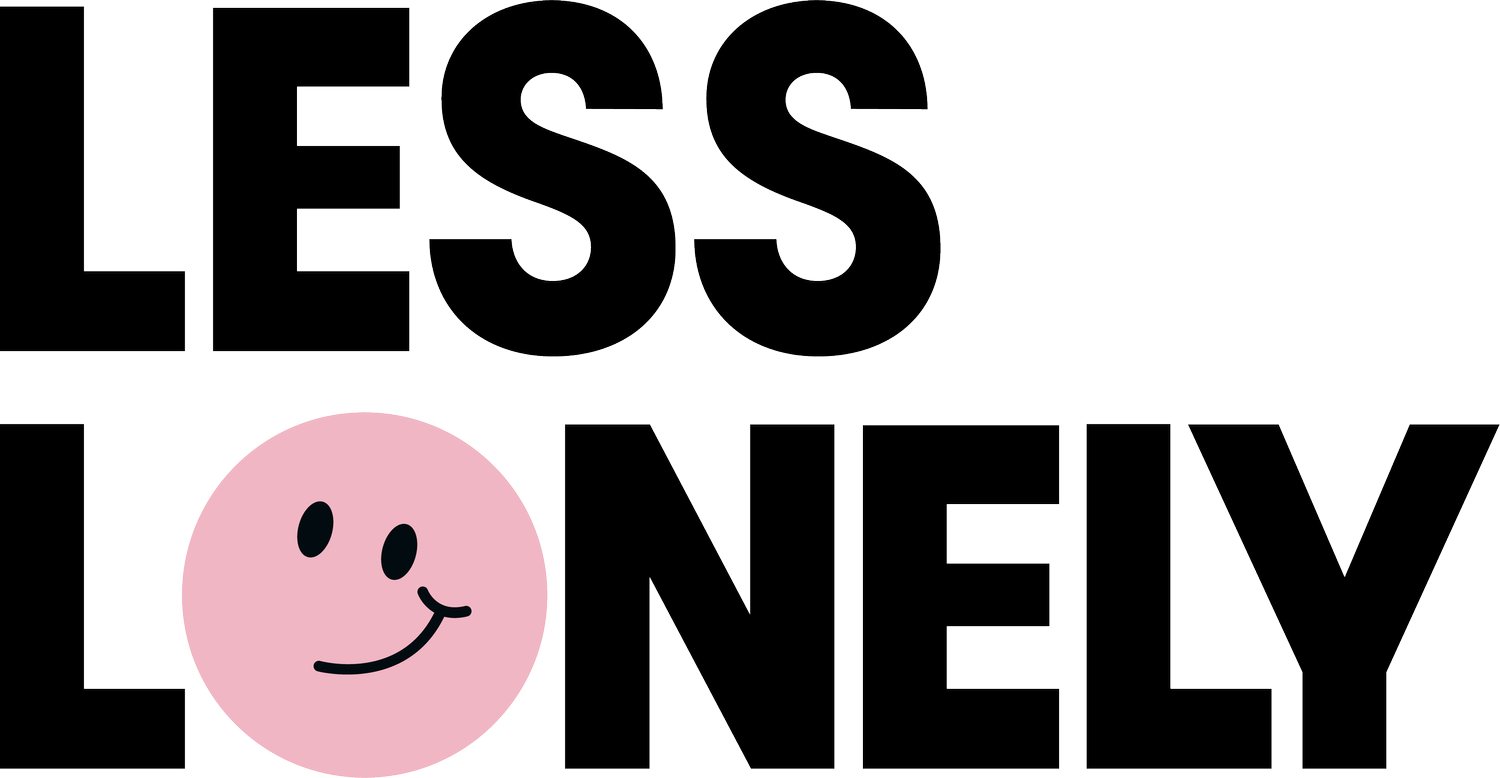5 Tips for Getting Out Of The City And Moving To the Burbs
Ah, San Francisco! What is there not to love about this city? San Francisco is known for being a laid back city where the weather is always beautiful, where there is always something to do, see, or experience, and where there are endless job opportunities! But, even if you’ve always considered this amazing city your home for ages, there is absolutely nothing wrong with wanting a slower way of life…
And more affordable housing!
Cue the suburbs.
Now more than ever, people have been making the move from big cities out to the suburbs. If you’re anything like those of us still in the city, you might be wondering what the suburbs have to offer aside from paying less in rent (that would be a dream) or having a lower mortgage. Turns out, suburbia has so much more to offer than you might expect. The suburbs typically have better schools than major cities (a major factor for families) and offer an easier environment to connect with both your neighbors and the great outdoors (hello more greenery and less concrete), all while the cost of living is significantly lower than living in a major city. There are clear reasons why people head for the suburbs and it isn’t just for the money.
So, how do you prepare yourself for making the big move - especially in this hot seller’s market, as revealed in Homelight’s Q3 2020 survey? We asked the top agents in San Francisco, CA for their best tips for moving to the ‘burbs. Here are the top 5 responses.
1. Consider the cost of renting vs. buying
As a 'San Franciscan, you already know that just to rent a one-bedroom apartment can cost $3,500 per month! If you want to own property, you can expect to spend seven figures for an average (not luxury) house!
Suburban neighborhoods are a lot friendlier to the pocketbook - if you intend to rent. For example, the average rent in Oakland is about $2,700 and the average rent in San Jose is $1,970. Not bad, right?
Unfortunately, the cost to buy in a San Francisco suburb isn’t going to be much cheaper than if you bought a property in the city. However, you do get more bang for your buck because you can find spacious homes with decent yards (and less congestion) for the same price as a townhome in the city.
2. Compare school district ratings
If you have children, take your time to look at and compare school districts. Yes, the suburbs typically have better schools, but some school districts are better than others. Great Schools is an awesome site to find the right school for your kids and for your family.
3. Visit the neighborhood(s) to get a general feel of the community
On paper, a neighborhood may look great and have all the amenities you’re looking for. Yet, it could be a totally different story once you move in and actually start living there. To get an idea if you’ll enjoy the neighborhood, go immerse yourself in your desired neighborhood, and “live” there for a day or so.
Visit and spend time at the typical neighborhood gathering spots like parks, coffee shops, shopping centers, and so on. Chat with the locals and get their personal insight into the community. When doing so, listen to what your gut is telling you. Do you feel welcomed? Do people give you a weird look when you try to talk to them? Basically… Can you see yourself living here?
4. Consider the commute to work/shopping
Although there are millions of people working from home in their home offices due to the pandemic, there are still many of us who have to go to our jobs five days a week. If you’re one of those people, take a look at the commute you’ll have for each of the neighborhoods you’re considering. Not only do you want to take into consideration the travel time, but take note of traffic patterns (is there bumper to bumper traffic jams at 5 pm), is it all highway driving, or are there alternate routes available?
5. Find a real estate pro that’s familiar with suburbia
Last but definitely not least, before you do any house hunting, you want to find a top-rated real estate agent who knows their way around the area like the back of their hand. You want to find an agent who has a proven history of closing deals and who can answer your questions about the neighborhood or the local housing market.
Also, pay close attention to your initial meeting with them. Do they make you feel confident that they know what they’re doing or does it seem like they’re still wet behind the ears, so to speak? You’ll want to listen to your intuition and do some research because you don’t want to hire someone who won’t do their best to find you the suburban oasis you’ve been dreaming of!
There are many routes you can choose from when navigating where you’ll go after you leave a big city. Hopefully, this guide serves as a roadmap to help you make the best decisions for yourself on your journey, wherever you may go. May the bidding wars ever be in your favor, may your future neighbors be friendlier than Mr. Rogers (is that even possible?), and may your HOA board show favoritism toward your family always. Cheers to the beautiful ‘burbs!





